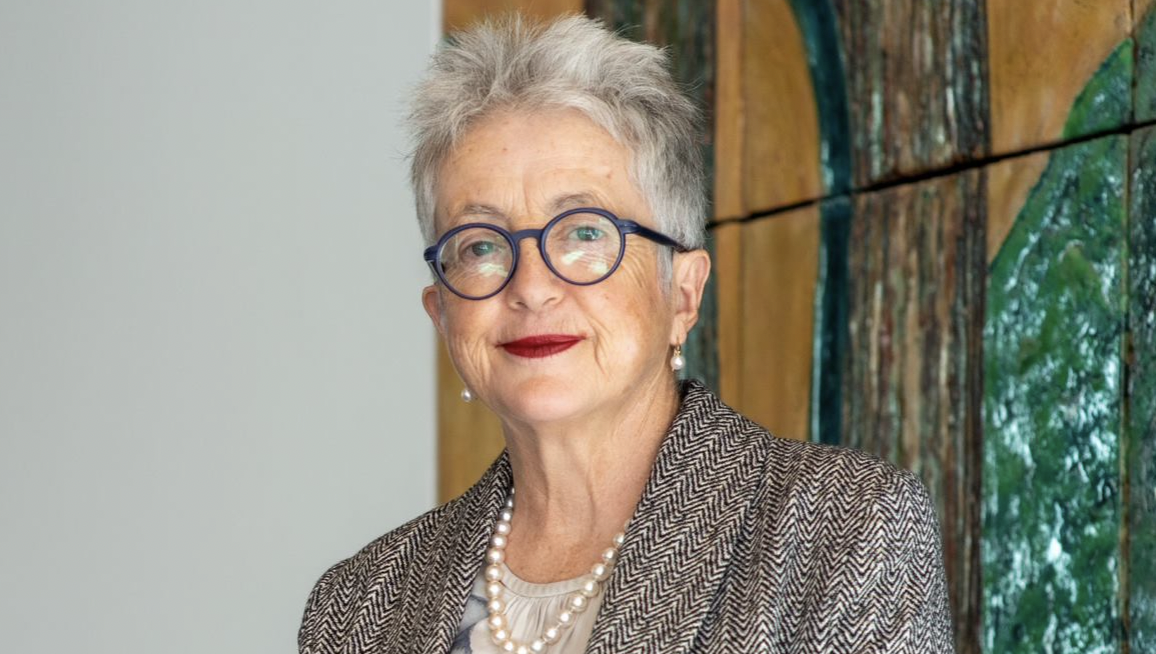
National Rural Health Commissioner, Professor Ruth Stewart says a better rural healthcare system will develop multidisciplinary teams that are local and engaged.
A year since commencing the job as Australia’s National Rural Health Commissioner, Professor Ruth Stewart (PhD ’13) says she has seen unexpected strengths in how our health system operated in remote and rural areas through the COVID-19 era – but she has also seen serious flaws and vulnerability.
‘It exposed the dependence rural health services have on fly-in fly-out health workers, the arrival of new international medical graduates and locum services. Short-term solutions have been in place for far too long, and they aren’t necessarily the best solutions,’ says Professor Stewart, who completed her PhD at Flinders University in 2013, having earlier studied medicine at Melbourne University and been a long-serving GP obstetrician in rural Victoria.
However, she also notes that Australia’s biosecurity measures protected rural communities, which were feared to be especially vulnerable to the pandemic – and particularly the Aboriginal and Torres Strait Islander population.
‘This was something that many people thought would have been impossible – and I don’t believe this achievement has been celebrated enough,’ she says.For continued success in rural health services, Professor Stewart identifies a need for more generalists operating in rural and isolated areas – a problem she believes is even more critical than diminished medical staff numbers.
She is determined to drive change through her role as advisor to the Federal Minister responsible for rural health, Mark Coulton, and the Commonwealth Department of Health.
However, accepting that major change is a slow-moving behemoth, Professor Stewart is focusing her energies to ensure the ongoing rollout of the National Rural Generalist Pathway, which aims to attract, develop and retain more students and trainees to rural medical training pathways and rural generalist practice.
She understands the importance of this strategy from many angles – not only as a senior bureaucrat and practising doctor but also as a client who has received urgent health care in remote areas.
Despite dividing much of her work time between Canberra and Brisbane, Professor Stewart has called Thursday Island in the Torres Strait home for the past five years. It’s where her husband of 30 years, Dr Anthony Brown, works as executive director of medical services for Torres and Cape Hospital and Health Service. In 2016, after being diagnosed with lymphoma, she had chemotherapy treatment on Thursday Island via telemedicine – and made sure media publicity about her successful treatment promoted an important public health lesson.
‘I knew what could be done because I know how the system works. Now I want to make sure more people know what can be done in rural and remote areas within our healthcare system.’
Her husband also enjoyed the benefits of local emergency attention after suffering an acute myocardial infarction whilst cycling near Mareeba, and given life-saving thrombolysis in an ambulance on the side of the Kennedy Highway in northern Queensland
As a grateful health client who intimately understands the value of effective public health, Professor Stewart wants more consumers to have an active voice in health policy, and has spent a lot of time talking with consumer groups to learn their concerns and ideas for improvements to the rural and remote public health system.
She believes such improvements will deliver greater health equity for rural Australia through different funding models. ‘We will have to blend our future funding models, because the current Medicare funding flows to where there are doctors and hospitals already located, so rural Australia is missing out,’ she says. ‘However, it’s not just an allocation of funds. We’ve seen from the US that spending vast amounts of money on health care doesn’t necessarily result in good health care.
A better rural healthcare system will develop multidisciplinary teams that are local and engaged, providing integrated care and continuity of care.’
From the 2021 College of Medicine and Public Health Alumni Magazine – Read more

